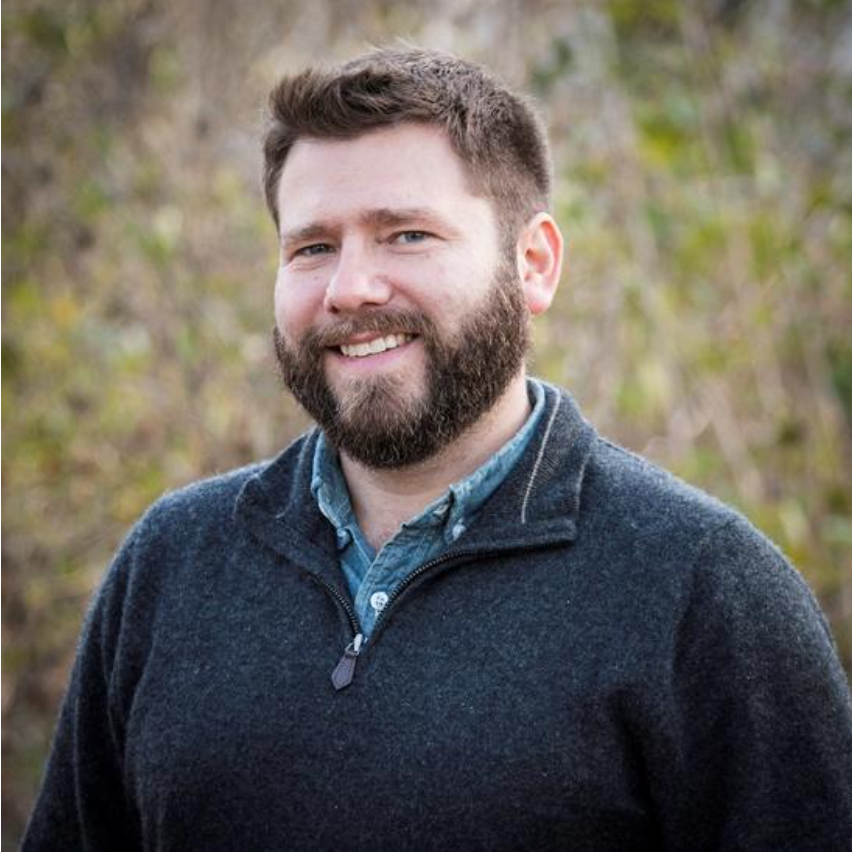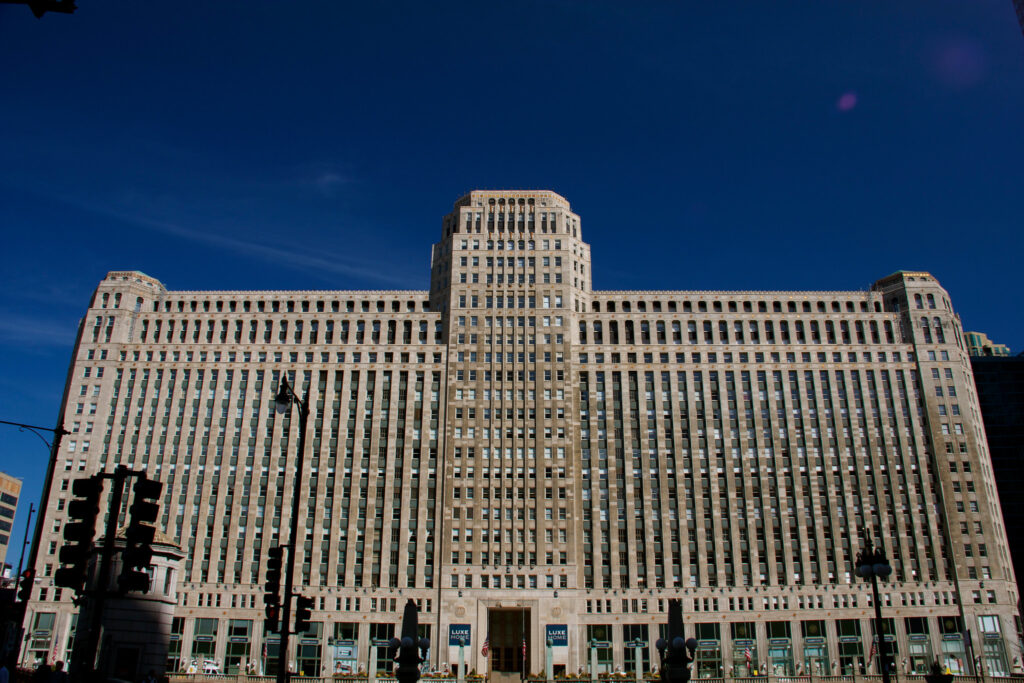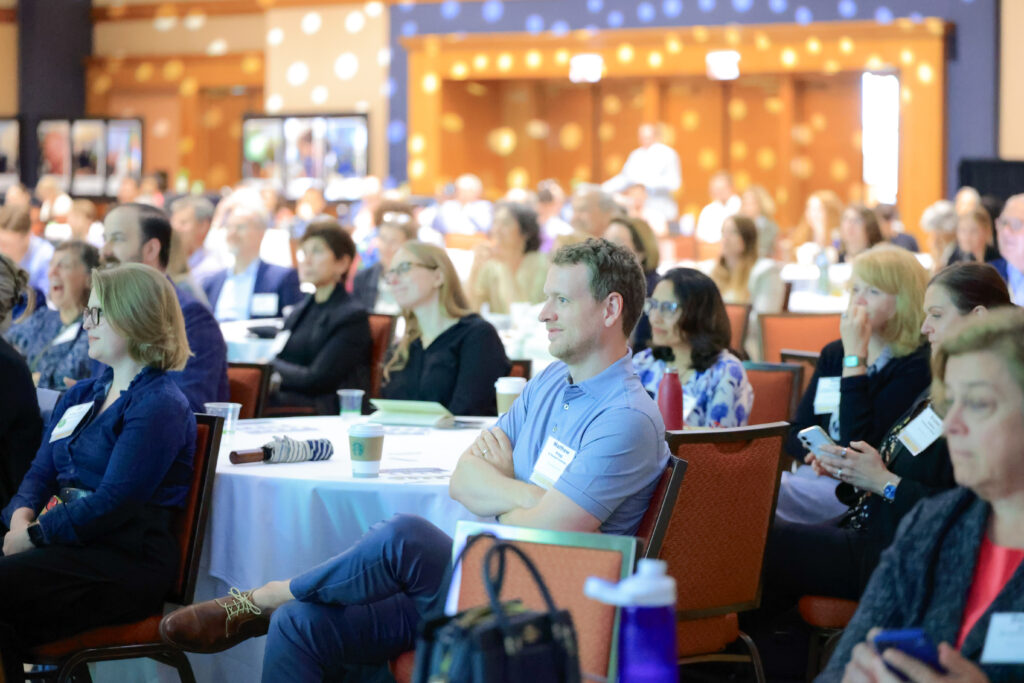Rheaply is continuing our guest blog series! We’re inviting contributors from the world of sustainability and circularity to share their thoughts, opinions, and hopes for the future of the industry.
This article comes from our friend Bryce Hesterman, Senior Consultant at RRS.
One door closes
In 2017, I sold a recycling business that was started with my partners nine years prior and shifted into a full-time consulting position at RRS. Unbeknownst to me at the time, the recycling industry was on the precipice of a collapse. A confluence of factors led China to adopt the National Sword policy, effectively closing its doors to importing many types of mixed recyclables from households in the more affluent countries in the global north. Before this policy was announced, around 40% of recyclables from the U.S. were destined for China.
The recycling industry shifted overnight. Many commonly recycled items no longer had a market, and recycling centers were at a loss for what to do with materials. With limited choices, some stockpiled bales of recyclables, while others sent recyclables to the landfill.
Another door opens
Leaders across Europe and North America clamored for fixes. Recycling Market Development emerged as a solution, and as a recycling consultancy, we sought to help forge a path forward to build a more sustainable and prosperous system. RRS developed the NextCycle Program to stimulate growth and investment of the next generation of businesses and projects that can serve as resilient supply chains and markets for recyclables.
In the wake of the National Sword policy, Michigan, Colorado, and Washington ramped up their state programs dedicated to developing new domestic recycling markets and supply chains through grants, technical support, supportive policies, economic incentives, and research. NextCycle was adopted in these states as a recycling market development initiative to complement more traditional State-led Recycling programs. It was first deployed in Colorado in 2018 and adopted by Michigan in 2020 and Washington in 2021.
Going back to the basics
Meanwhile, dual global environmental threats were converging in the collective consciousness – climate change and ocean plastics. People were beginning to question the extent to which recycling was helping to solve these problems. The industry began re-thinking the three “Rs” – reduce, reuse, recycle. Over the past few decades, a significant emphasis has been placed on recycling while reduction and reuse were often cast aside, even though they are environmentally preferred options by definition. They are, after all, at the top of the waste hierarchy defined by the EPA.
A consensus emerged within the NextCycle network that waste reduction and reuse efforts deserve a place in the program. As a result, NextCycle evolved from a narrowly focused recycling market development program to an all-encompassing circular economy development program. Essentially, any intervention that disrupts the linear flow of waste from use to disposal and supports a model to recirculate materials at the highest-best use is eligible for support. This could be through sharing, repairing, reusing, rescuing, upcycling, and recycling.
All three states now provide support for both Downstream and Upstream solutions. Downstream solutions improve or expand material and organic recycling, recovery, and end use, while upstream solutions prevent waste or improve and expand reuse and repair.
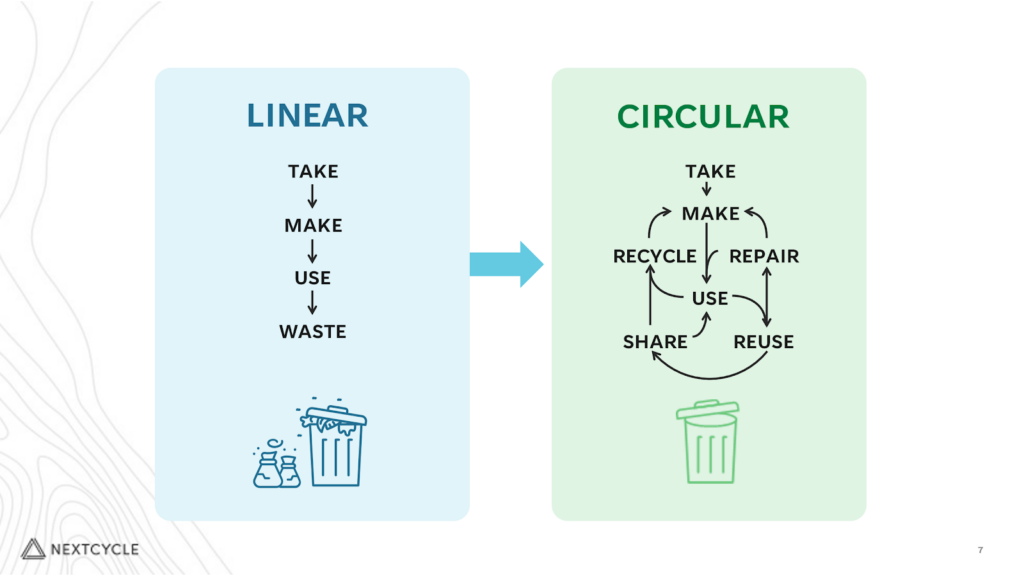
Emergence of reuse
NextCycle uses several tactics to support the businesses and organizations driving these solutions to advance circularity:
- Circular accelerator – a six-month program for promising businesses and organizations providing technical support, networking, and identifying funding pathways to help scale their solution. This is a hallmark of all NextCycle programs.
- Seed grants – small $10,000 grants and limited technical support to advance very early-stage ideas closer to market-ready. This is periodically available depending on the availability of funds.
- Partnership platform – a way to engage with the broader network of leaders within the circular economy, facilitate collaboration, and continue supporting alumni of the accelerator and grant programs.
- Co-design – a process of deep stakeholder engagement to ensure the program meets the unique needs in each geography and provides equitable opportunities for those that have historically been marginalized.
- Research and data – research projects are periodically conducted by NextCycle staff to identify system gaps and opportunities while compiling data that can support the planning and pitch development of NextCycle participants and partners.
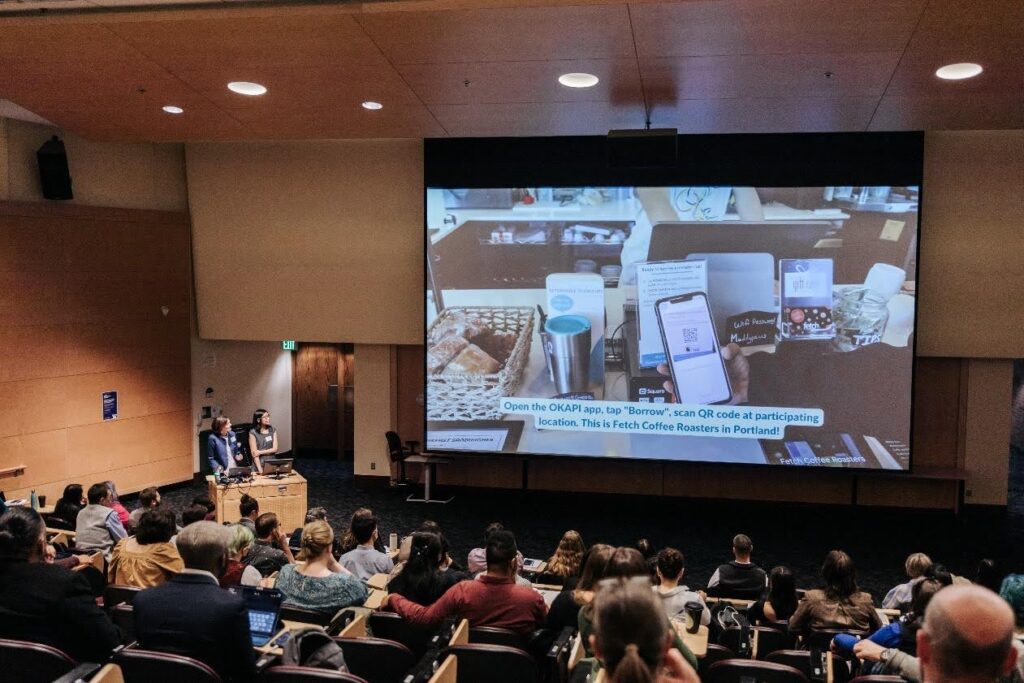
Since the inclusion of upstream approaches like reuse and reduction, NextCycle has supported an increasing number of these projects through the program. For example, 60% of the projects supported by NextCycle Washington in 2022/23 were focused on upstream solutions.
Examples of upstream projects supported by NextCycle programming include:
- Kadeya – developed a reusable bottled water kiosk to replace single-use water bottle vending machines.
- Deliver Zero – provides reusable takeout and delivery container systems for restaurants.
- Refugee Artisans Initiative – an organization that works to provide support, community, and opportunities for refugees and asylum seekers through the upcycling of waste textiles.
- Community Gearbox – developed a social, inventory management app that lets users and organizations share, co-own, and mobilize resources amongst people they know and trust.
Scale growth quickly with NextCycle
Closed Loop Partners, a circular economy-focused investment firm, innovation center, and Rheaply investor, will work collaboratively with participating states in the NextCycle initiative to identify opportunities to provide competitively priced and flexible financing to organizations and municipalities, up to $5 million per project.
How can I get involved?
- NextCycle Colorado’s call for applications recently closed, but a quick reminder for innovators and sustainability champions in Washington: the deadline for the next cohort of NextCycle applicants is swiftly approaching on January 26th, 2024. This presents an incredible opportunity to be part of a transformative movement committed to redefining our relationship with materials and sustainability practices. Apply here!
- NextCycle Michigan will be opening applications in February 2024 for its Recycling Supply Chains and Intergovernmental Initiatives & Public Private Partnerships tracks.
The big picture for local governments
Amidst this pivotal shift toward a more circular economy, the collaborative efforts of cities and states play an integral role in advancing sustainable practices. Initiatives like NextCycle, propelled by Rheaply and supported by the enthusiastic participation of states like Michigan, Colorado, and Washington, represent a significant stride toward reshaping and rethinking our approach to waste management. As we steer away from a broken linear model and embrace the ethos of reducing, reusing, and recycling, the important commitment of these regions to drive circular economy initiatives cannot be understated. Every state in America should be prioritizing policy and funding for programs that innovate and improve local waste management.
